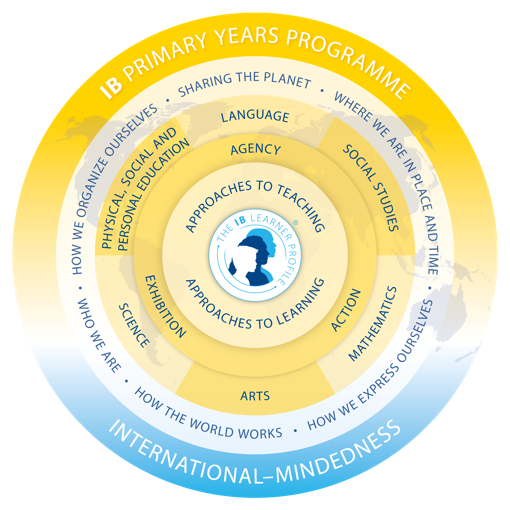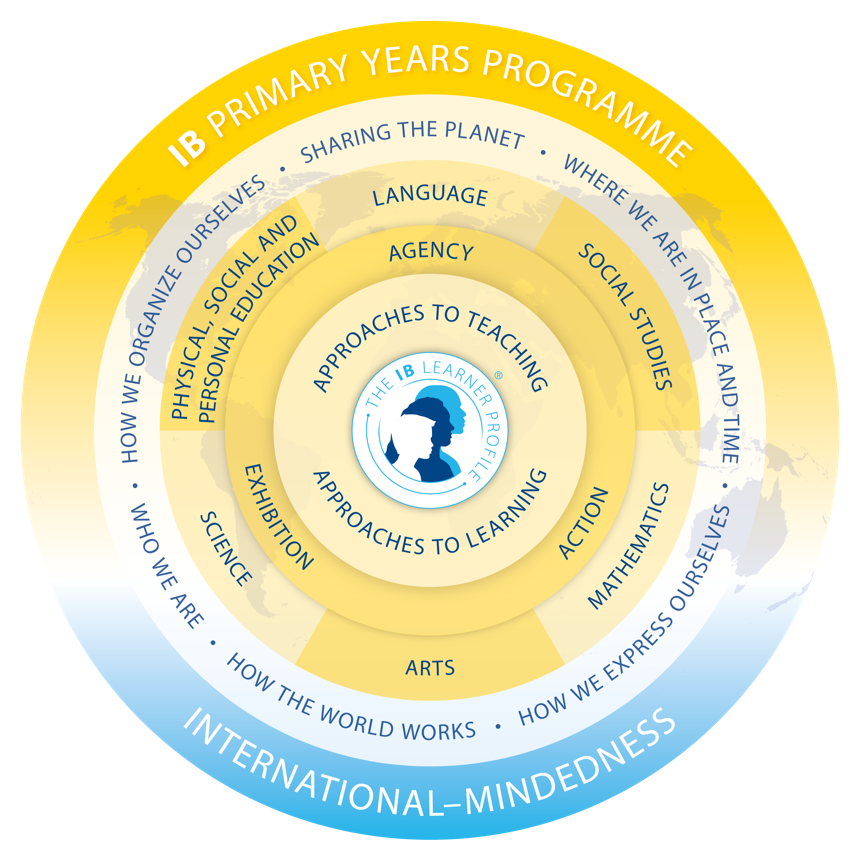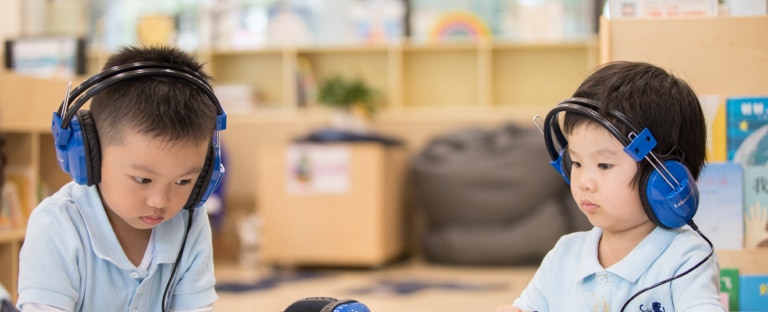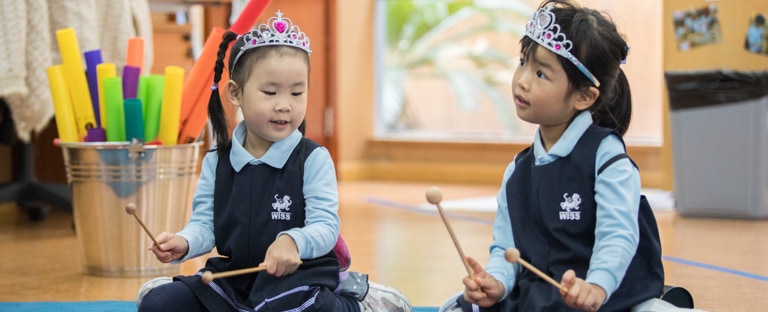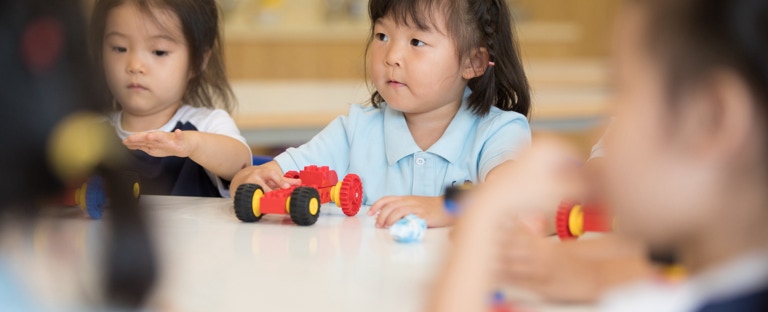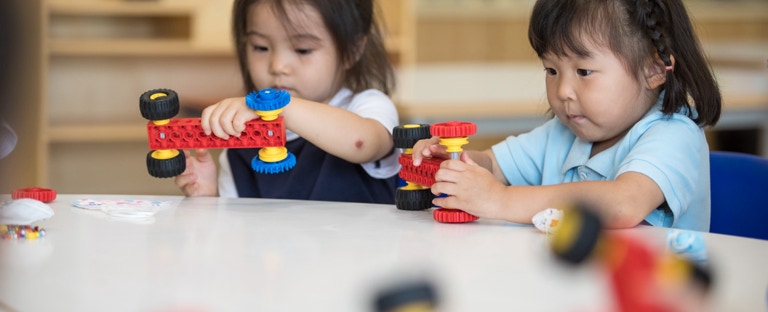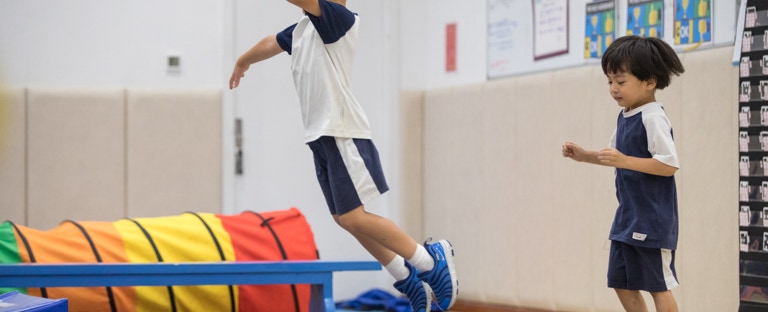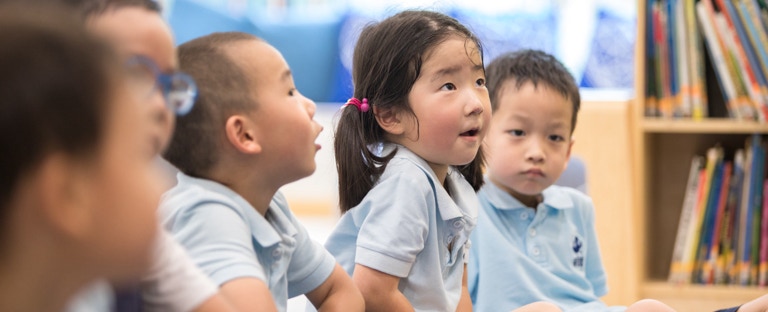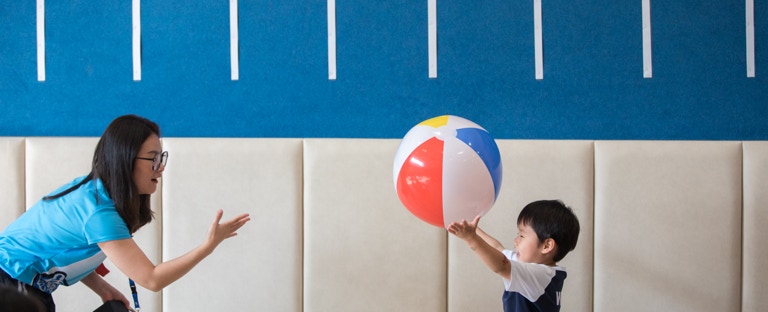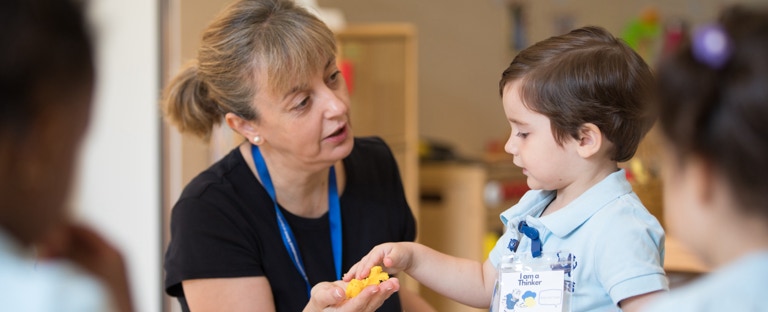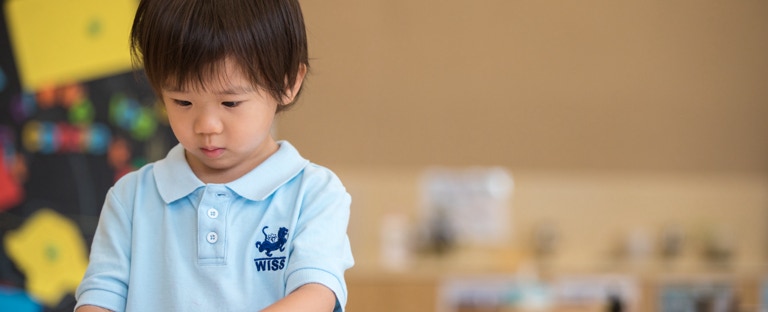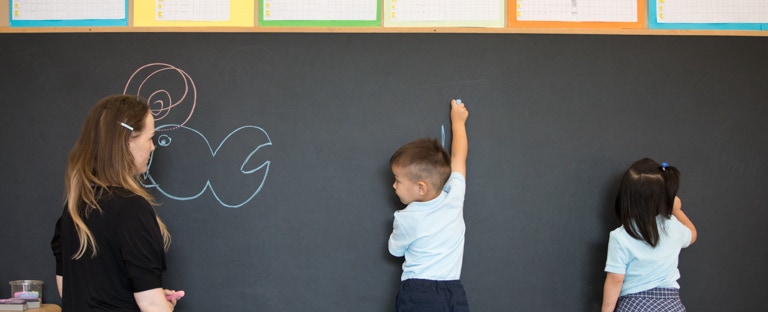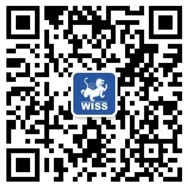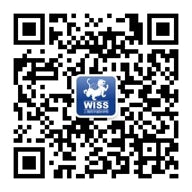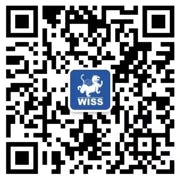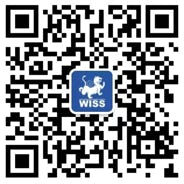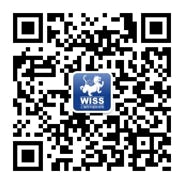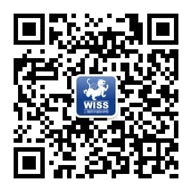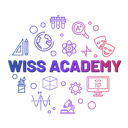Elementary CURRICULUM Overview
The IB Primary Years Programme (PYP) is a curriculum framework for young learners aged 3–12. Like all International Baccalaureate (IB) Programmes, the IB Learner Profile permeates all facets of school life in Elementary.
The PYP is based on recognizing a child’s natural curiosity, creativity, and ability to reflect. It generates a stimulating, challenging learning environment to nurture the whole child and foster a lifelong love of learning. The PYP is transdisciplinary, meaning students learn across subject areas while inquiring into big ideas.
Young learners are intelligent, resourceful, and creative. They need a curriculum and environment that supports critical learning during these crucial early years. Through our inquiry-based approach, we engage and stimulate curious minds to explore, question, and wonder from a place of security. Classroom communities foster a growing sense of safety, well-being, and warmth.
Our daily interactions as a community focus on building secure and confident communicators who have a growing realization of their agency as they interact with the world around them. Using purposeful play as a vehicle for learning, we enable students to make personal connections to inquiries organically and authentically, building on existing knowledge and understandings as they develop transferrable skills in a facilitative environment.
Children engage in a balanced Lower Elementary curriculum that meets the IB Primary Years Programme‘s standards and practices. Through carefully planned units of inquiry, children engage with big ideas in science and social studies, enabling them to develop transferable conceptual understandings. This foundation of knowledge and understanding is the platform on which they continue to grow as they build upon their learning from year to year and beyond the Lower Elementary.
The immense benefit to parents and students is that WISS is the only school in mainland China where young learners can progress from kindergarten through to high school, completing every IB Programme. By offering all four Programmes, the skills endorsed in students during kindergarten flourish and bloom as they progress through the IB, with each level building upon their abilities.
